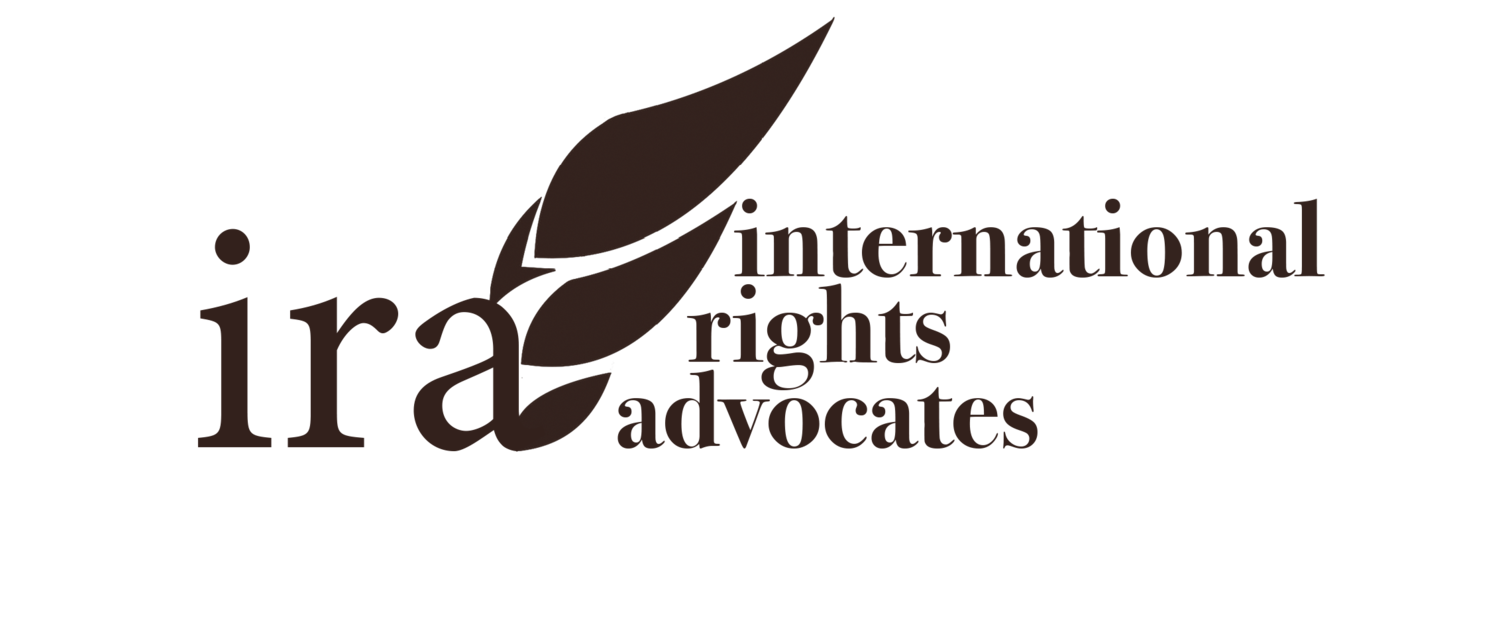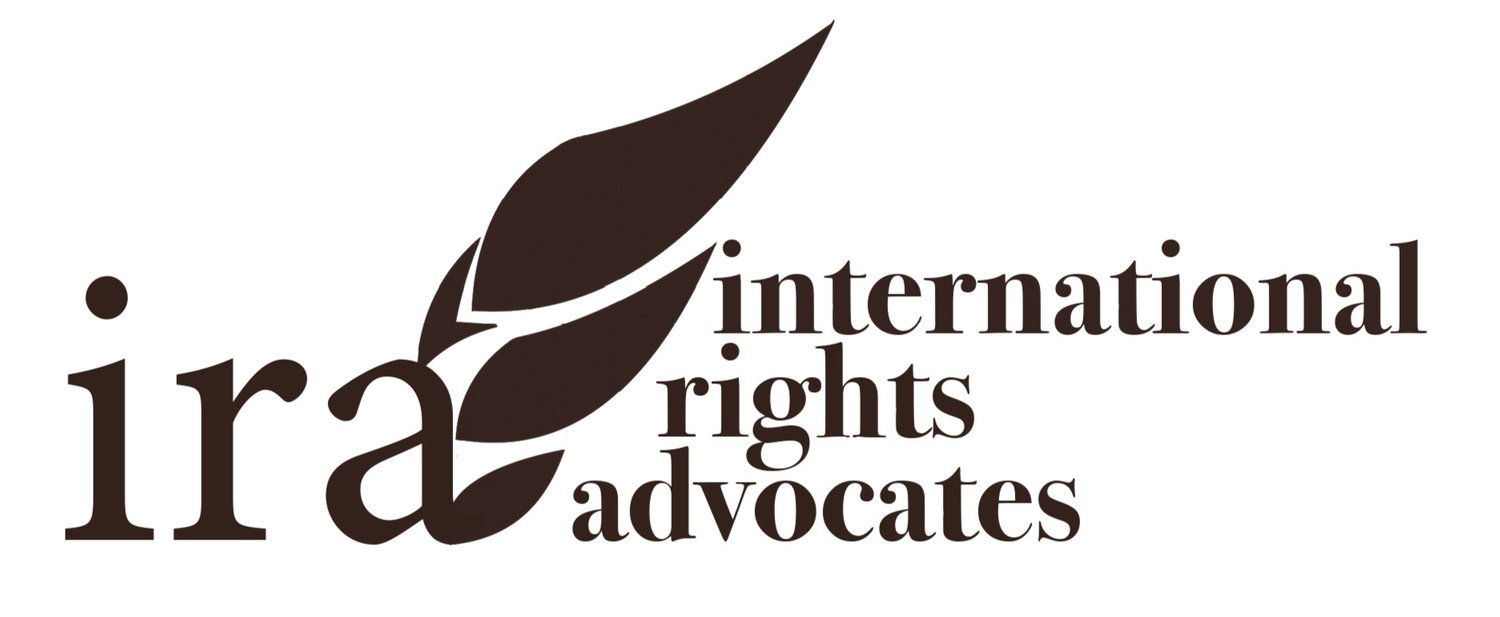The Tariff Act prohibits the importation of cocoa harvested by forced child labor. There is no question factually that cocoa from Côte d’Ivoire produced by the offending companies is harvested with forced child labor, and the companies promised to stop their admitted use of child labor in 2001 and have failed to do so after 22 years of false promises.
Left with no alternative legal recourse, IRAdvocates, on August 15, 2023, lodged a federal complaint in the Court of International Trade. This action seeks a directive for the CBP to fulfill its responsibilities under the Tariff Act. The CBP's current approach is capricious and lacks transparency. Through this case, IRAdvocates aims to reform this process, compelling the CBP to uphold the law that prohibits the import of products linked to forced labor.
Background
On February 14, 2020, IRAdvocates submitted a petition to the Customs and Border Protection (CBP) under the Tariff Act of 1930, urging a ban on cocoa imports from Cote D’Ivoire. Despite the passage of three and a half years, the CBP has remained inactive, even in the face of irrefutable evidence that cocoa from Cote D’Ivoire involves forced child labor.
Together with numerous civil society allies, IRAdvocates has consistently pressed the CBP to act on this petition. The aim is to exert legal pressure on leading cocoa corporations, namely Nestle, Cargill, Mars, Hershey, Mondelez, Barry Callebaut, Olam, and Blommer Chocolate. These companies had committed in 2001 to eradicate their dependence on forced child labor. Yet, the CBP has shown no initiative in addressing the Petition.
The perplexing reality is that while the exploitation of child laborers in Cote D’Ivoire's cocoa sector is universally acknowledged, the CBP has overlooked the Petition. This neglect is in direct contradiction to the legal mandate that obliges the CBP to act when presented with credible evidence.
I want to help.
Contribute to our work by donating.
Advocate by reaching out to the companies being sued.
Sharing on social media using our toolkit






